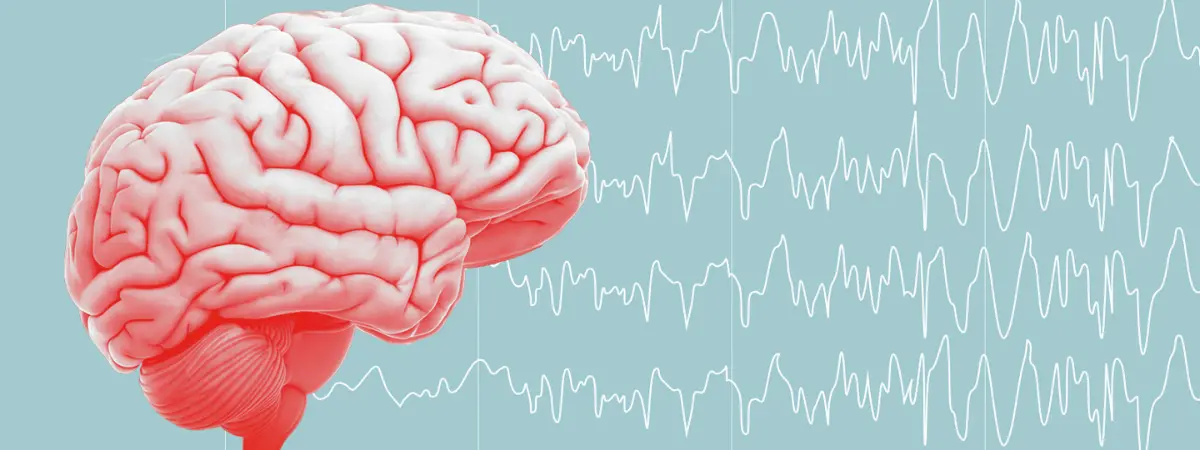Working Time
Book Appointment

Migraines are not merely headaches; they are intricate neurological events that can significantly impact a person's quality of life. As a complex headache disorder, migraines often come with a range of symptoms beyond intense head pain, including nausea, sensitivity to light and sound, and visual disturbances. In this exploration of migraines, we will delve into their intricacies, causes, symptoms, and effective management strategies.
Unraveling the Mystery of Migraines
Defining Migraines
Migraines are characterized by severe, throbbing headaches that can last for hours or days. Other symptoms, such as nausea, vomiting, and sensitivity to light and sound, frequently accompany the pain. Some individuals may also experience aura—visual disturbances or other neurological symptoms—before the onset of the headache.
Causes and Triggers
The exact cause of migraines remains elusive, but a combination of genetic and environmental factors is believed to play a role.
Common triggers include:
Hormonal Changes: Many women report migraines associated with their menstrual cycle.
Environmental Factors: Changes in weather, exposure to bright lights, and loud noises can trigger migraines.
Dietary Factors: Certain foods and beverages, such as chocolate, caffeine, and alcohol, can be triggers for some individuals.
Stress and Emotional Factors: Emotional stress and lack of sleep are known to contribute to migraine episodes.
The Phases of Migraines
Understanding migraines involves recognizing the various phases they go through:
1. Prodrome Phase:
This phase occurs one to two days before the migraine attack and may include subtle changes like mood swings, food cravings, or increased thirst.
2. Aura Phase:
Not everyone with migraines experiences an aura, but for those who do, it usually precedes the headache. Auras can manifest as visual disturbances, such as flashing lights or zigzag lines, and may last for about 20 minutes to an hour.
3. Attack Phase:
This is the headache phase, characterized by intense pain, nausea, and sensitivity to stimuli. It can last for hours to days.
4. Postdrome Phase:
After the headache subsides, individuals may feel fatigued, irritable, or experience a "hangover" effect.
Diagnosing Migraines
Diagnosing migraines involves a thorough medical history, a detailed description of symptoms, and ruling out other potential causes of headaches. In some cases, imaging tests like MRI or CT scans may be recommended to rule out other neurological issues.
Migraine Management and Treatment
1. Lifestyle Modifications:
Identifying and avoiding triggers.
Establishing a regular sleep pattern.
Incorporating stress management techniques.
2. Medications:
Pain Relievers: Over-the-counter pain relievers like ibuprofen or prescription medications can help alleviate pain.
Triptans: These medications constrict blood vessels and block pain pathways in the brain.
Preventive Medications: For individuals with frequent or severe migraines, preventive medications may be prescribed.
3. Alternative Therapies:
Acupuncture: Some individuals find relief from migraines through acupuncture sessions.
Biofeedback: Learning to control physiological functions, such as heart rate and muscle tension, can be beneficial.
Cognitive Behavioral Therapy: Addressing the psychological aspects of migraines can be an effective part of treatment.
Living with Migraines: A Patient-Centered Approach
Living with migraines involves more than just managing the physical symptoms; it requires a holistic approach that addresses the emotional and psychological impact of this chronic condition. Support groups, counseling, and education about migraines can empower individuals to better cope with their condition and make informed decisions about their treatment.
Conclusion
In conclusion, migraines are complex neurological events that require a comprehensive approach to management. By understanding the phases, triggers, and effective treatment options, individuals can regain control over their lives and minimize the impact of migraines. If you or someone you know is struggling with migraines, seeking medical advice is crucial for proper diagnosis and personalized treatment.
The role of Neurophysician
Dr. Venkata Harin Reddy emphasizes the importance of a patient-centered approach to migraine management. His dedication to understanding the intricacies of neurological disorders, coupled with a commitment to holistic care, reflects in his advocacy for empowering individuals to lead fulfilling lives despite the challenges posed by migraines.
Recent Posts
Navigating Life with Neuropathy: Embracing Normalcy and Hope

Read More
Beyond the Stereotypes: Unraveling the Complexity of Epilepsy

Read More
"Navigating Nutritional Challenges: Strategies When a Dementia Patient Is Not Eating" Nutritional

Read More
Nourishing the Mind: The Impact of Diet and Exercise on Brain Health

Read More
Rest Assured: 3 Practical Coping Mechanisms for Insomnia

Read More
